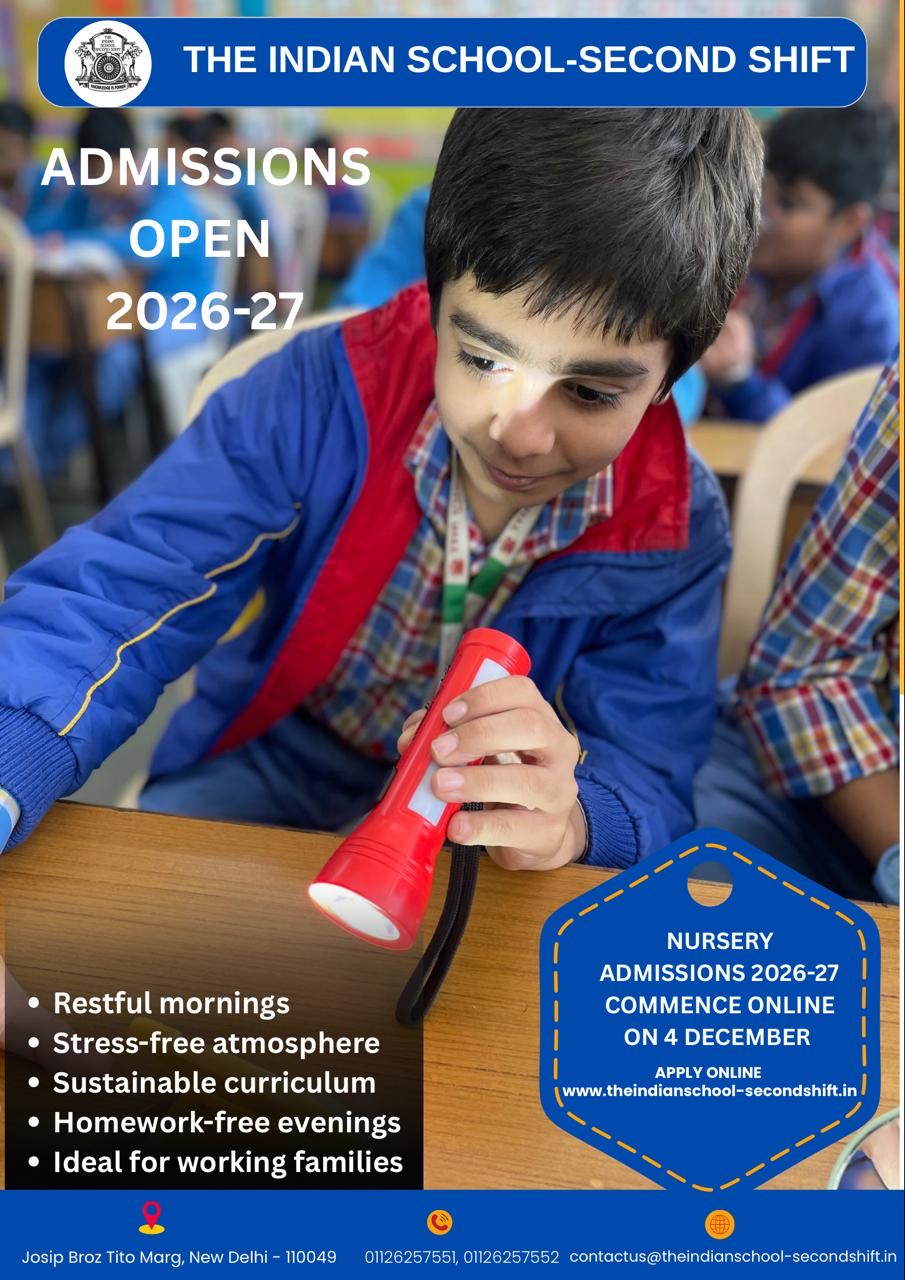CBSE teacher workshop on POCSO
The Consensus Building Discussion on CACA Safety Workbooks Series circulation under the umbrella of CBSE- POCSO advocacy and implementation circular.
A consensus building discussion was held by Project CACA (Children Against Child Abuse) at the Army Public School, Dhaula Kuan on 21st January, 2017. More than 50 teachers and counsellors from different schools participated in the discussion. Ms. Anjali Bedi of The Indian School-Second Shift and Ms. Sunita Singh of The Indian School attended the same. This session was facilitated by Mr. Vikas Nautiyal (Advisor, Advocacy for Project CACA) and Mr. Pradeep Sharma (Principal Trustee) and Ms. Vinita Zutshi of Social Axiom Insignia (SAI), a not-for-profit trust. Project Children Against Child Abuse (Project CACA) is a recent initiative to fight one of the biggest threats facing our society i.e. abuse against children.
Messrs. Vikas Nautiyal and Pradeep Sharma spoke about the implications of the POCSO Act and POCSO E-Box for schools and the collaboration between project CACA and CBSE for the protection of child rights.
[gallery link="none" ids="9372,9373,9371"]
The speakers highlighted various prospects of the safety workbooks designed and formulated under Project CACA. These safety workbooks are developed to empower children with knowledge that gives them an understanding of their bodies, about abuse, ways that they can stay safe and that a safety net exist for them in the form of child helpline numbers, agencies, laws, institutions, etc. that they can approach. The objective is to integrate this information with the existing ecosystem of schools to make children adequately assertive. The workbooks are designed for the students from kindergarten until class XII. Needless to say, the success of these safety workbooks depends on behaviour change by stakeholders i.e. students, parents and teachers.
Ms. Vinita Zutshi, writer, storyteller and parenting coach threw light on the content of the workbooks, explaining the importance of the school counsellor in the implementation of these safety workshops within the school setup.
The speakers concluded the discussion by recommending a few steps to be taken by schools, in parallel with the workbooks. Firstly, the showcasing of KOMAL a prescribed video as per the CBSE circular to students; the formation of a School Complaints' Committee; the exhibition of an online POCSO E-Box and the Child Helpline 1098 on the school website; a teacher-parent sensitisation; and a recap of the previous year's orientation on aspects covered by the NCERT curriculum on the subject of reproduction.
Recognising and reporting child maltreatment are important to prevent abuse and neglect from continuing or recurring. Schools are in a unique position to address this problem by virtue of the staffs training and expertise, the schools position in the community and the availability of physical facilities. Schools can organise workshops on self-protection training, life skills' training, preparation for parenthood, training and self development programmes. These workshops must stress identifying, reporting, treating and preventing child abuse; furnish information on professional roles and responsibilities and offer opportunities for free and frank discussion of mutual interests and problems among professionals in the various disciplines.
The positive influence of an educator on the life of a child is extremely significant. Every educator has the opportunity to make a difference for an abused or neglected child.
While the school as a whole, is important in protecting against child abuse, it is the individual teacher/ counsellor who is most often in a position to execute initiatives. Reporting suspected child maltreatment is essential to prevent its persistence.
Ms. Anjali Bedi.










